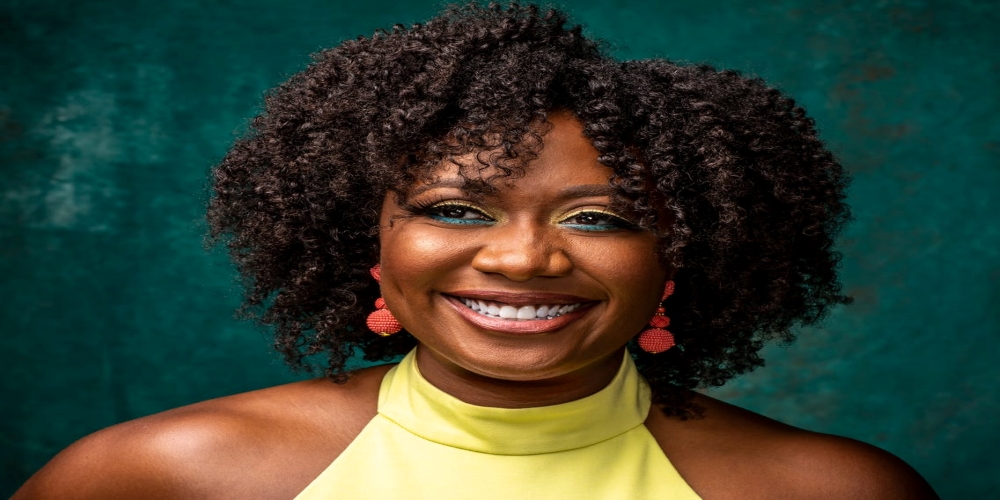Esther Ogle weaves synthetic fiber into women’s hair with the agility of a skilled weaver at Lagos’ huge Wuse market. An estimated $6 billion is spent on the African dry Hair Care Business each year. Nigerian artist Muma Gee reportedly claimed to spend $1,842 on a stray hair item comprised of 11 pairs of cheap human hair wigs, according to some estimates.
The Economy in Its Formal Form
Women in the poorest continent’s informal economy depend heavily on the cheap human hair wigs industry for their livelihoods. Women are avoiding public areas because of Boko Haram fears, says 37-year-old Josephine Agwa, who works at Wuse market in Nigeria’s capital city, Abuja. Since April, the capital has been bombed three times, the most recent of which killed 20 people in a popular commercial area in June. For $40, she offered a six-hour “pick and dropped with coils” style with tiny braids that flow into glossy curls. “The ones that don’t want to come, they phone us for home treatment,” she added.
Daring Style
Bertrand de Lalu, chief executive of L’Oreal South Africa, claimed that while South Africans alter their hairstyles frequently, West Africans do it even more frequently. While dry hair was nearly unheard of a decade ago in sub-Saharan Africa, it’s now becoming more popular there. “African women are perhaps the most adventurous when it comes to hairstyles,” he added. As a result, you may now play with technological skills that were previously unavailable or too expensive. For the first time since the end of apartheid in 1994, a multi-ethnic hairstyling school has opened in South Africa. The school is educating students of all races and ethnicities to work with a wide range of hair textures.
Via China, Hair from India.
It isn’t the only one. The “Motions” range of black hair care from the Anglo-Dutch firm Unilever operates a salon in central Johannesburg, and specialist operators are cropping up in the dry hair sector. According to Kabir Mohamed, the managing director of Buhle Braids in South Africa: “We supply anything against dry hair across the board,” reeling off a product range of braids, weaves, and extensions that involve tape or rings or keratin bonds. According to him, the South African hair market is now worth $600 million, four times as much as it was in 2005, thanks to the presence of more than 100 different hair brand names.
The majority of hair sold is synthetic and originates in Asia. For these reasons, expensive natural hair is sought after since it lasts longer, maintains moisture, and may be colored. Indian consumer goods company Godrej Kinky, a South African company, were bought by GOCP.NS in 2008 and provide hair extensions, braids, and wigs. India has a long tradition of hair gathering, notably from temples and rural “hair collectors,” and Buhler Braids is no exception. In China, the hair is transformed into extensions and delivered to Africa. The usage of hair from yaks, which some individuals are sensitive to, has decreased recently.
Conclusion
The human hair care business is vast and comes with a lot of benefits. Many people indulge in fraudulent terms with the hair care business making it look like a bad business. However, it is one of the most generous businesses if appropriately utilized. Are you looking for a hair wig? Buy yours today!

